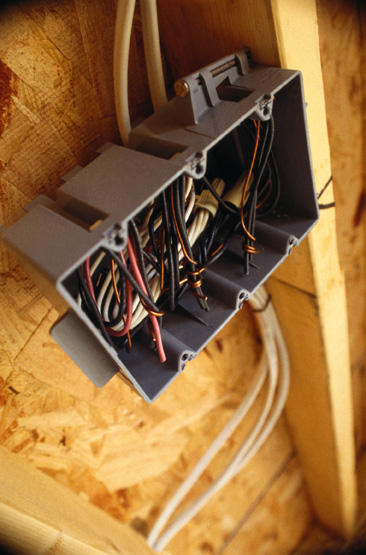The Reasoning behind Homeowners Insurance
See if We Have Top-Rated
Home Improvement Contractors in Your Area

Having homeowners insurance is requisite to owning a home. Just like insurance on your car or your health, there is that sad, expensive truth that most of the time you will not use this insurance, although you will have to pay for it every month. What's great is that for a home this cost is usually rolled up in your escrow account, so you don't have to cut several different checks each month. While homeowners insurance is required, it is important to know what you are getting, why it's important, and when to bump up your coverage after significant home improvements.
Learn All You Can
Not all homeowners insurance policies are created equal. Some insurance companies provide better coverage, some offer better rates, and some homes are just worth more than others. For example, a typical homeowner's insurance policy will insure up to $2500 in electronic and computer-related possessions. While this is more than most grandparents will ever need, some homes are equipped with big screen TVs, surround sound, several computers, intercom systems, cell phones, pagers, palm pilots, etc and this $2500 won't even make a dent in the total dollar amount of the home electronics.
So the most important thing to do is to understand your possessions and insure them accordingly. If you have rare coins, stamps, antiques or other items that are valuable and difficult to replace, craft your policy to fit your needs.
When to Upgrade Your Policy
When homeowners take on a home improvement policy of any size, from electrical work to a home addition, about the last thing they are thinking about is how this affects their homeowner's insurance policy. People are too busy with building codes, orchestrating contractors, making design decisions, and trying to pay for the whole thing to even think about their policy.
Thinking of improving your home? Use this link to hire a
Remodeling ContractorIn some cases, the insurance company doesn't need to be contacted, but if you are spending a nice chunk of money on a remodel or some other type of renovation, you need to insure that enhancement.
Imagine this. You bought your home for $200,000 three years ago, and for the sake of discussion let's say that the market reports that it is still worth exactly what you paid for it. Your home owner's insurance will cover up to $180,000 if your house happens to get swept clean by a tornado or flood or the Wicked Witch of the East. You then invest $12,000 in new windows because the old ones leaked air like a colander. Now if your home gets destroyed, you won't get any restitution for the money you spent on windows since it was outside of your insurance policy.
Quick Rules
Beyond that, remember that you are paying so that you don't have to worry. Insurance companies allege to offer peace of mind (at rather high premiums), but it can be a small price to pay when you think of what life would be like if you weren't insured.
More Tips & Advice For Your Home
- Related Articles
- Recent Articles

